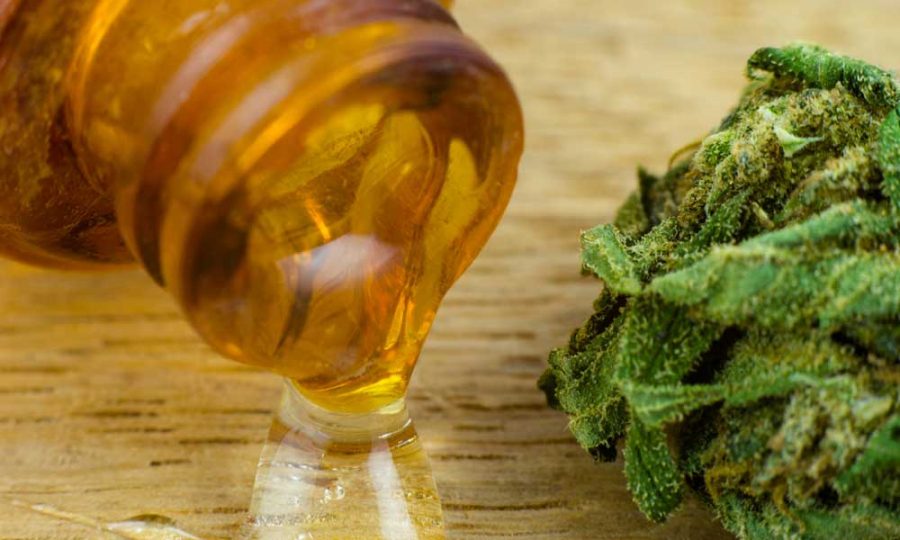New bill introduced by Washington state lawmakers would outlaw the majority of cannabis concentrates
A group of lawmakers in Washington state are unhappy with the currently-permitted THC limits for cannabis concentrates. Amidst concerns that cannabis is associated with an increased risk for psychosis, a group are pushing for a 10 percent limit on adult-use products.
House Bill 2546 is a new proposal that, if approved, would drastically change the landscape for legal cannabis in Washington. In the event that this bill is passed by lawmakers, legal consumers who prefer higher potencies of the psychoactive compound THC (tetrahydrocannabinol) would have no choice but to buy from the illegal market.
State-licensed vape cartridges, concentrated products and extracts accounted for almost 40 percent of legal cannabis sales last year, based on Washington state data. Banning such products would have a serious impact on revenue earned by the state. Even more concerning is the fact that a health scare that surfaced in August 2019 was attributed to contaminated vape cartridges sold on the black market.
Bill banning cannabis concentrates could drive consumers to the illegal market
HB 2546 is purportedly designed to reduce public health risks. However, considering the fact that it could push consumers to buy from illegal dealers, it’s clear that lawmakers haven’t quite considered the repercussions.
There may well be rationale for eliminating some portion of the riskiest products on the market if theres evidence to support that, but doing that with 40 percent off the products would make very little sense, said professor of law and public health at Northwestern University, Leo Beletsky. If 40 percent of the market is toward these products and then you ban them, youd definitely be creating a push towards the black market.
Beletsky makes an important point. Cases of vape lung illness called ‘VAPI’ or ‘EVALI’ had claimed the lives of at least 55 people in 27 states and the District of Columbia as of December 31, 2019. This is based on data published by the Centers for Disease Control and Prevent (CDC). The data confirmed that 2,561 people had also been hospitalized.
Officials from the CDC to the conclusion that the cause of the illness was a type of vitamin E. In an attempt to cut on production costs and increase profit, manufacturers both legal and illegal have been diluting THC oils with vitamin E acetate. Patient lung fluid samples have tested positive for the chemical, which is not meant for absorption by the lungs.
I think there is a reason for concern, but we need far more information and far more high-quality research to try to guide these legal steps,” added Beletsky, who says that he is perplexed by the potential THC limit, which he described as “arbitrarily low.
One of the main motives for introducing HB 2546 is to safeguard the mental health of cannabis consumers in Washington. Lawbreakers have raised concerns about the plant’s potential for increasing the risk of psychosis, following the review of a study concluding that high-THC products are more likely to trigger the mental health problem.
Bill banning cannabis concentrates would require manufacturers to use more diluents
Typically, concentrates are produced using cannabis flower or trim with a THC potency of 10-30 percent. However, many concentrated cannabis products contain upwards of 40 percent THC, with purified products coming close to 100 percent. Should lawmakers decide to enact the bill to ban cannabis concentrates HB 2546 manufacturers would be required to further dilute their products to compensate for a lack of THC.
In order to effectively produce concentrated cannabis products in accordance with the limits set forth in HB 2546, products would need to be created using plant material that contains a low percentage of THC. Experts worry that manufacturers may bulk up their ingredients with potentially harmful substances; thus putting consumer health at risk.
You can read more about HB 2546 by clicking here.








